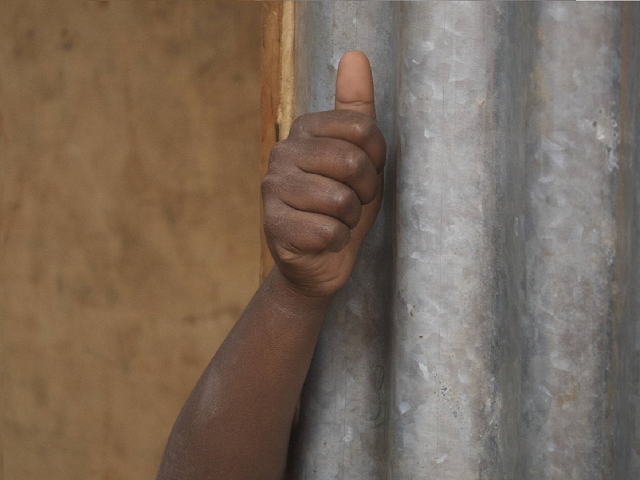Successfully sending volunteers abroad for 10 years
Sadly, most people are aware that elephants and rhinos are classified as vulnerable and endangered on a worldwide scale and this is why thousands of people sign up for animal volunteering abroad every year.
However, in Tanzania, there has been an upturn in the population of both animals, as it has been confirmed that their numbers have boosted notably. The Tanzanian government has stated that elephants have increased in population over the last half a decade, growing from 43,330 to in excess of 60,000, while rhinos have added to their numbers since 2015 from a mere 15 to 167.
A statement published by Sky News from the Tanzanian government said that "As a result of the work of a special task force launched in 2016 to fight wildlife poaching, elephant populations have increased from 43,330 in 2014 to over 60,000 presently."
The government’s 2015 census showed that the population of Tanzania's elephants was at no fewer than 110,000 in 2009; this means that there was a decrease of more than 50% in the five years between 2009 and 2014. The main reason for this was because of the illegal wildlife poaching trade.
When discussing the rhinos’ fate, the team working at the office of Tanzanian President John Magufuli ascertained that the rhino population was at a worryingly low 15 in 2015; however, there was a discrepancy with the exact numbers as the Convention on International Trade in Endangered Species acknowledged that Tanzania’s rhino levels were 133 at the time. Regardless, Tanzania's rhino population is widely recognised as having a slow but constant increase. As previously mentioned, it's understood that the current number of rhino’s in Tanzania is 167.
Positive Changes
This raises the question of what is accounting for the amazing spike in elephants and rhinos in Tanzania. This is largely being attributed to the Tanzanian government-formed task force that was established in 2016 to fight wildlife poaching.
Elephants have, and continue to be, poached for their tusks and their ivory is then used for jewellery, ornaments, décor and medicines. Rhinos are poached for their horns which are then utilised predominantly for Chinese medicine as well as a status symbol. Additionally, it’s been seen that poachers will use the elephants' bodies as a source of meat, and then there is the trophy hunting trade that sadly still exists today.
It’s been reported that organised poaching networks based in Tanzania has been successful in bringing elephant and rhino poaching up to an industrial scale over the course of the last 20-30 years. In light of this, the government had no choice but to address the issue and find a new stringent way of regulating a practice that was already illegal in the first place. Authorities made this more effective by actively arresting people who were heavily involved in the illegal trade.
There’s Still Work to Be Done
As with many operations of this nature, and even though the fact that elephant and rhino populations are significantly climbing, Mark Jones who runs an international wildlife foundation called Born Free Foundation, has stated that he thinks there is room for the project to develop and move forward to greater protect Tanzania’s elephants and rhinos.
Mr Jones said of the initiative: “This sounds like very good news but we should view these figures with caution until there’s independent verification – there’s no way that has occurred through breeding and protection alone.”
He added: “[Rhinos] mature late, have long gestation periods and don’t produce many young. Both species take a long time biologically to reproduce. Elephants are intelligent — they move across national borders to where they are safer, so if there’s been a clampdown on poaching in Tanzania, it may be that some have moved in.”
There is now a firm hope that elephant and rhino populations in Tanzania will both maintain their steady growth and thanks to the actions of the Tanzanian government and the conservation groups will soon be provided with additional data on how best to continue protecting and preserving these truly amazing animals.
In Other News
We've always got plenty going on, so why not check out some of our other latest news and thoughts? Or perhaps you're ready to gt stuck in yourself? If so, Apply Now to get in touch with one of our specialist trip advisors.

